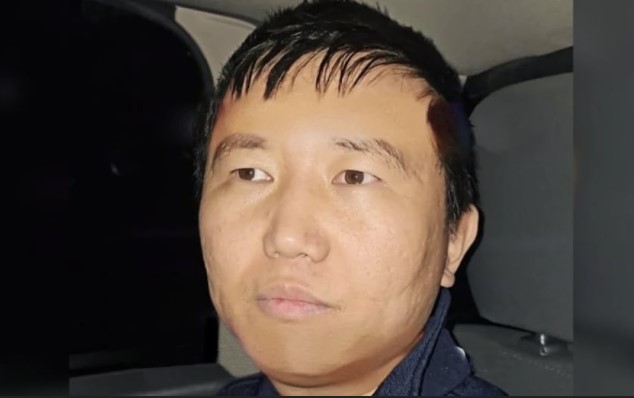Zhi Dong Zhang, also known as Brother Wang, is one of the most notorious figures in the global drug trade. Authorities accused him of running a massive criminal network that trafficked fentanyl and cocaine from Mexico to the United States. His operation linked to two of Mexico’s most dangerous cartels — the Sinaloa Cartel and the Jalisco New Generation Cartel (CJNG).
Zhi Dong Zhang’s Arrest and Escape that Shocked Two Nations
Zhi Dong was first arrested in Mexico City last year. He was considered one of Washington’s top international targets due to his deep involvement in the fentanyl trade, which has caused a public health crisis in the United States. However, what followed his arrest stunned both countries.
Earlier this year, a controversial court decision allowed Zhi Dong to move from a high-security prison to house arrest. Many security officials in Mexico were alarmed by this ruling. Despite being under military watch, the Chinese drug lord managed to escape from custody. Reports confirmed his disappearance in July, causing outrage across the nation.
Investigations revealed that after fleeing Mexico, Zhi Dong used a fake passport to enter Cuba. He had earlier tried to fly to Russia but was denied entry for the same reason — the use of false travel documents. Cuban authorities later detained him along with two other individuals, one Mexican and one Chinese, after noticing inconsistencies in their travel papers.
This arrest closed a brief but dramatic chapter in Zhi Dong’s international run. Mexican officials confirmed that the capture in Havana took place on July 31, ending his month-long escape. The event quickly became a high-profile international operation involving coordination between Mexico, Cuba, and the United States.
Extradition of Zhi Dong to the US and the Role of International Agencies
On Thursday, Mexican Security Secretary Omar García Harfuch officially confirmed that Zhi Dong Zhang had been handed over to U.S. authorities. The extradition marked the end of an intense international pursuit led by the U.S. Drug Enforcement Administration (DEA).
Harfuch shared on social media that Zhi Dong was captured in Cuba and formally transferred to U.S. officials with full cooperation from the Cuban government. He thanked Cuban authorities for their “valuable collaboration” in the recapture and extradition process. According to Harfuch, Interpol had also issued a global arrest warrant for Zhi Dong, which enabled law enforcement agencies across several countries to coordinate his capture.
Patrick O’Hearn Sentenced to 15 Years in Prison for Drug Trafficking and Money Laundering
Zhi Dong’s criminal operations were vast and well-organized. U.S. authorities claim that his network extended from Los Angeles and Atlanta to Central and South America, Europe, and Asia. His group was responsible for smuggling large quantities of synthetic drugs, especially fentanyl, into the U.S. market — a drug that has contributed to thousands of overdose deaths each year.
The DEA had been tracking his activities since at least 2016. Officials said Zhi Dong used sophisticated methods to hide his financial trails. His organization allegedly laundered millions of dollars using fake companies and bank accounts spread across multiple countries. Investigators believe that between 2020 and 2021 alone, he moved over $20 million through 150 shell companies and 170 different bank accounts in the United States.
The case drew major political attention due to its timing. Just days before his escape, a U.S. federal court in Georgia had filed new charges against him related to money laundering. His flight from Mexico created embarrassment for law enforcement agencies and raised questions about corruption within parts of Mexico’s judicial system.
Public Outcry and Political Reactions in Mexico
Zhi Dong’s escape sparked public outrage in Mexico, as many questioned how such a high-profile criminal could leave a maximum-security prison. President Claudia Sheinbaum criticized the judge who approved his house arrest, calling it “unacceptable” and highlighting concerns about judicial corruption.
The incident also affected Mexico’s cooperation with the United States on anti-drug operations. At the time, both countries were negotiating a security agreement to tackle the fentanyl crisis, with Zhi Dong considered a central figure in its production and distribution.
Drug kingpin ‘El Mencho’ rises as cocaine floods America at lowest prices in years
His recapture in Cuba helped ease tensions between Mexico and the U.S., showing that international collaboration could yield significant results despite internal challenges. Authorities emphasized the importance of cross-border efforts in tracking and capturing major drug traffickers.
Zhi Dong’s journey—from arrest in Mexico City to escape and eventual extradition to the U.S.—demonstrates the complexity of global drug networks. His case highlights the extensive reach of organized crime and marks a key moment in the fight against fentanyl trafficking.

